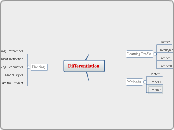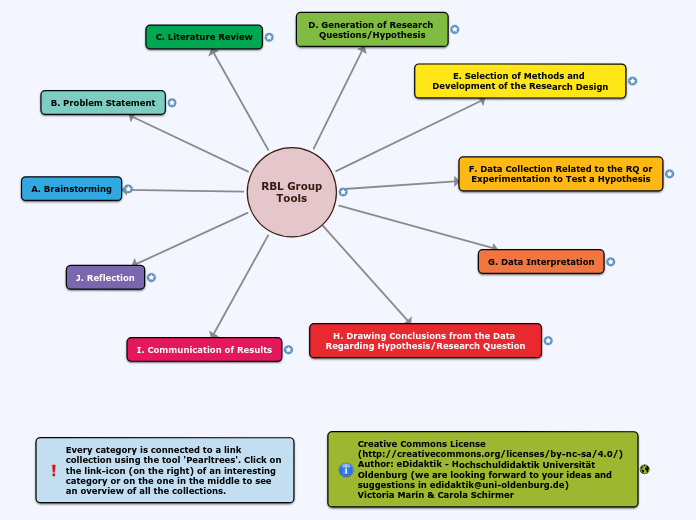Personal Problems and Conflicts
Prevention Strategies
Leisure Time
Balance Between Work and Home
Creating Boundaries
Avoid Work
Competence
Boundaries of Competence
Specialities
Conflicting loyalties
Statistical practice
Avoid Outdated Methods
Current Statistical Methodology
Organizational Consulting Psychology
Individual
Group
Organization/System wide/Intersystem
HMO
Use of Animals
Dementia and Age Related Cognitive Decline
Child custody Evaluation
Criminal versus civil law
Best Interest of the Child Meaning
Hearsay Rule
Expert Witness
Federal Rules of Evidence
Forensic psychology
Opinions and Testimony
Valid Principles and Methods applied to the Case
Scientific Foundation
Services in Correctional Facilities
Knowledge of
Access to Confidential info by Nonpsychologists
Minimum Ratio of licensed Mental Health Staff to Adult and JuvenileIinmates
Trial Consultaion
Retaliation Work Policies and laws
Sexual Harassment
Change in Venue
knowledge of Judicial or administrative rules
Training in Area of Expertise
Education
Requirments
Refrain from Providing Services,Teaching or Conducting Research Outside of Their Area of Competence.
Corroborative Care in Global Health
Understanding of
Misconception about Disease
Cultural Beliefs
Exposure to Violence
Water and Food Security
Educational Systems
Knowledge of differences in
Health Care
Primary care
Affordable Care Act
Utilization of Evidence Based Practices
Collaborative practice
Role clarification
Ethical and legal obligations
keeping up-to-date with the system
Forensic psychologists
Validity of symptoms
Research on the assessment of facetious disorders
Industrial-Organizational Psychologists
Court Decisions
Executive Orders
Administrative laws
Equal Employment Legistaltion
School Psychologists
Awareness of Delegation of Work to Others Issues
Federal laws
No Child Left Behind Act(2001)
State and Local Board of Education Criteria
Evaluating Teacher Proficiencies
Supplemental Tutoring
Availability of Public School Choice
Academic Proficiency for Students
State Wide Reading and Mathematics Tests
Formal Postdoctoral Study
Continuing Education
Independent Study
Innovative Techniques
Neurocognitive Enhancment
Standard 10.01b, Informed Consent to Therapy
Standard 8.02b Informed Consent to Research
Standard 8.08, Debriefing
Standard 3.04, Avoiding Harm
Standard 2.01e
Skills
Gaining Competence
Transgender and Gender-nonconforming
Developmentally appropriate
Cultural Competence
Refrain and refer
Except in Emergencies
Training
Supervision
Experience
Professional and Scientific knowledge
Self-Reflection
Bias
Prejudice
Stereotypes
Race
Ethnicity
Gender
Social Class
Sexual Orientation
Culture
Individual differences
Religious Beliefs
Woman and Girls
Stigma
Protect from Harm
Digital Ethics
Standard 2.03
Maintaining Competence
Standard 10.10
Terminating Therapy
Standard 2.04
Bases for Scientific and Professional Judgement
Standard10.01
Informed Consent to Therapy
Standard 3.04
Avoiding Harm
Telepsychology
Consultation
Additional Training
Knowledge Assessment
Subtopic
Developing Knowledge
Basic knowledge of Electronic Modalities
Current Scientific and Professional Knowledge









